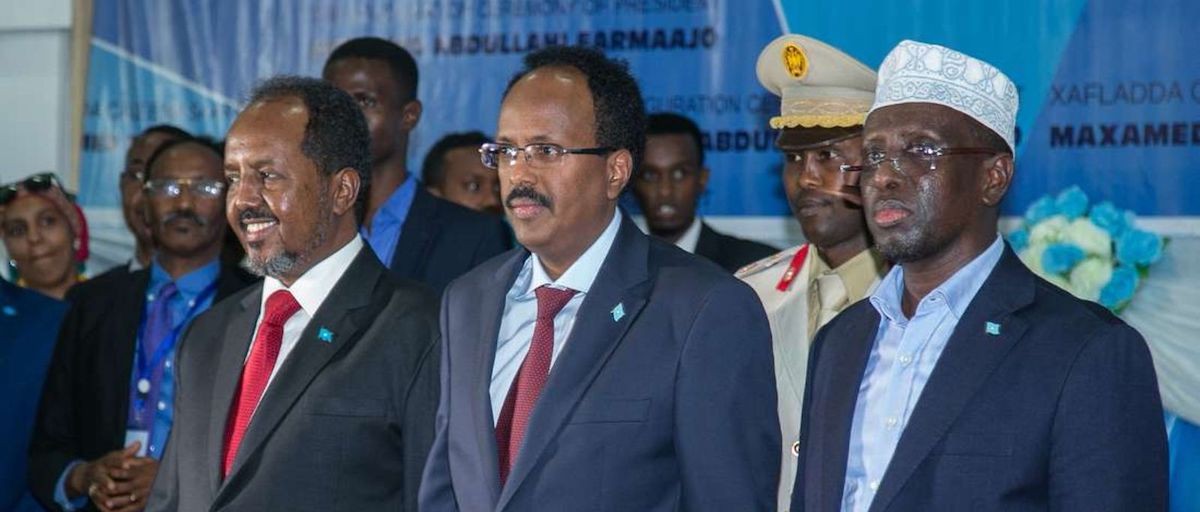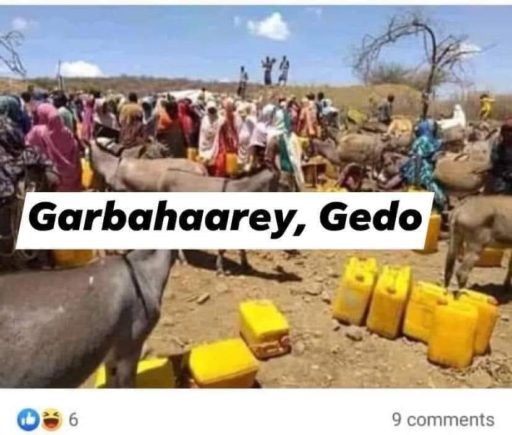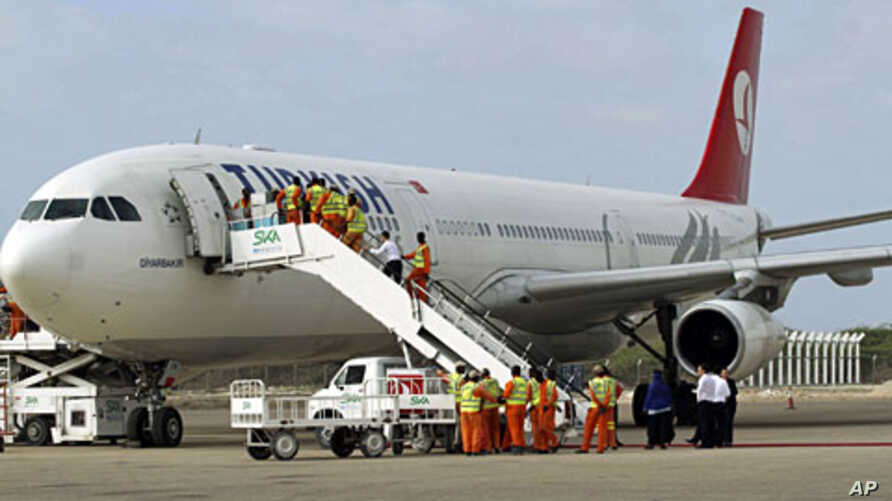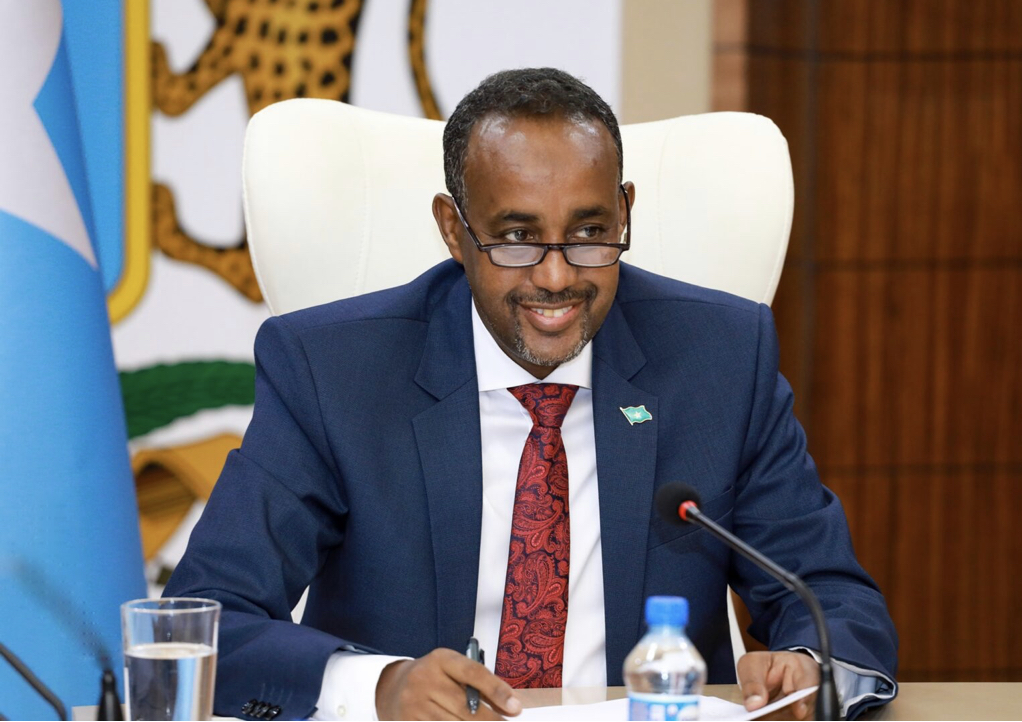Somalia’s fragile statehood remains at the mercy of recycled political elites, whose ambitions and rivalries have continually undermined national progress. Despite efforts to initiate reconciliation and dialogue, the country’s leadership crisis has only deepened—highlighted most recently by the failure of the national dialogue initiative proposed by the current failed President…
Even more troubling is the irony that many of those who now oppose the government were once its closest allies—individuals who once stood against former President Mohamed Abdullahi Farmaajo, even threatening the return of Somalia to a 1991-style collapse unless he stepped down. Today, they mirror the same tactics and rhetoric they once condemned, revealing a cycle of political hypocrisy and personal power struggles at the expense of the Somali people.
–National Dialogue: Empty Words and Missed Opportunities
In a symbolic move, the current president called for a national dialogue—a step that, in theory, could have unified fragmented political and regional actors. However, like many political gestures in Somalia’s recent history, this call was never followed by meaningful action. No roadmap, no trust-building measures, and no binding commitments.
The result? A hollow initiative that failed to deliver consensus, fuelled further division, and confirmed public skepticism about the sincerity of the political elite. Dialogue without structure, trust, or intention is nothing more than a political performance.
–The Irony of Political Opposition: Allies Turned Adversaries
Many of the figures now positioning themselves as “the opposition” are the same individuals who once stood beside the current leadership during its rise to power. They were vocal critics of former President Farmaajo, accusing him of authoritarian tendencies, election delays, and misuse of security institutions.
Back then, they warned of a return to civil war if power wasn’t handed over peacefully. Now, in a twist of historical irony, they find themselves using similar methods and narratives to destabilize the very government they helped bring to power.
This revolving door of alliances based not on principle, but on access to power exposes the true nature of Somalia’s elite politics: it is not about ideology, governance, or the people; it is about positioning, survival, and patronage.
–Military and Security Forces: The Last Line of National Interest
In this climate of political betrayal and backstabbing, Somalia’s federal and regional security forces must rise above clan politics and personal loyalties. They remain one of the few institutions with the potential to safeguard national integrity.
Instead of being used as tools in elite power struggles, the Somali National Army (SNA) and regional forces must be unified under a national command. A professional, apolitical military is critical not only for defeating Shabaab militia but for preventing the collapse of the state, The military must remember: that their oath is to the nation, not to any individual.
–The Somali People Pay the Price
While politicians switch alliances and recycle blame, it is ordinary Somalis who suffer. Services remain poor, insecurity prevails, and millions live in displacement. The economy stagnates, corruption thrives, and the youth lose hope.
Yet the resilience of Somali citizens remains unshaken. It is they—traders, farmers, mothers, diaspora, and students—who keep the country alive. The people deserve leadership grounded in ethics, not expediency.
–A Call for Accountability and Principle
Somalia’s tragedy lies not in the absence of capable individuals, but in the dominance of self-serving elites who place power above principle. The fact that today’s opposition were yesterday’s allies shows how shallow the country’s political loyalties have become.
Indeed, what goes around comes around. Those who once shouted for justice now refuse to listen. Those who warned of tyranny now flirt with instability. Somalia cannot afford this cycle any longer.
What the country needs is a new generation of leadership—built not on nostalgia or revenge, but on vision, integrity, and service. Until then, the nation remains trapped in a loop where history repeats, and the people continue to pay the price.




